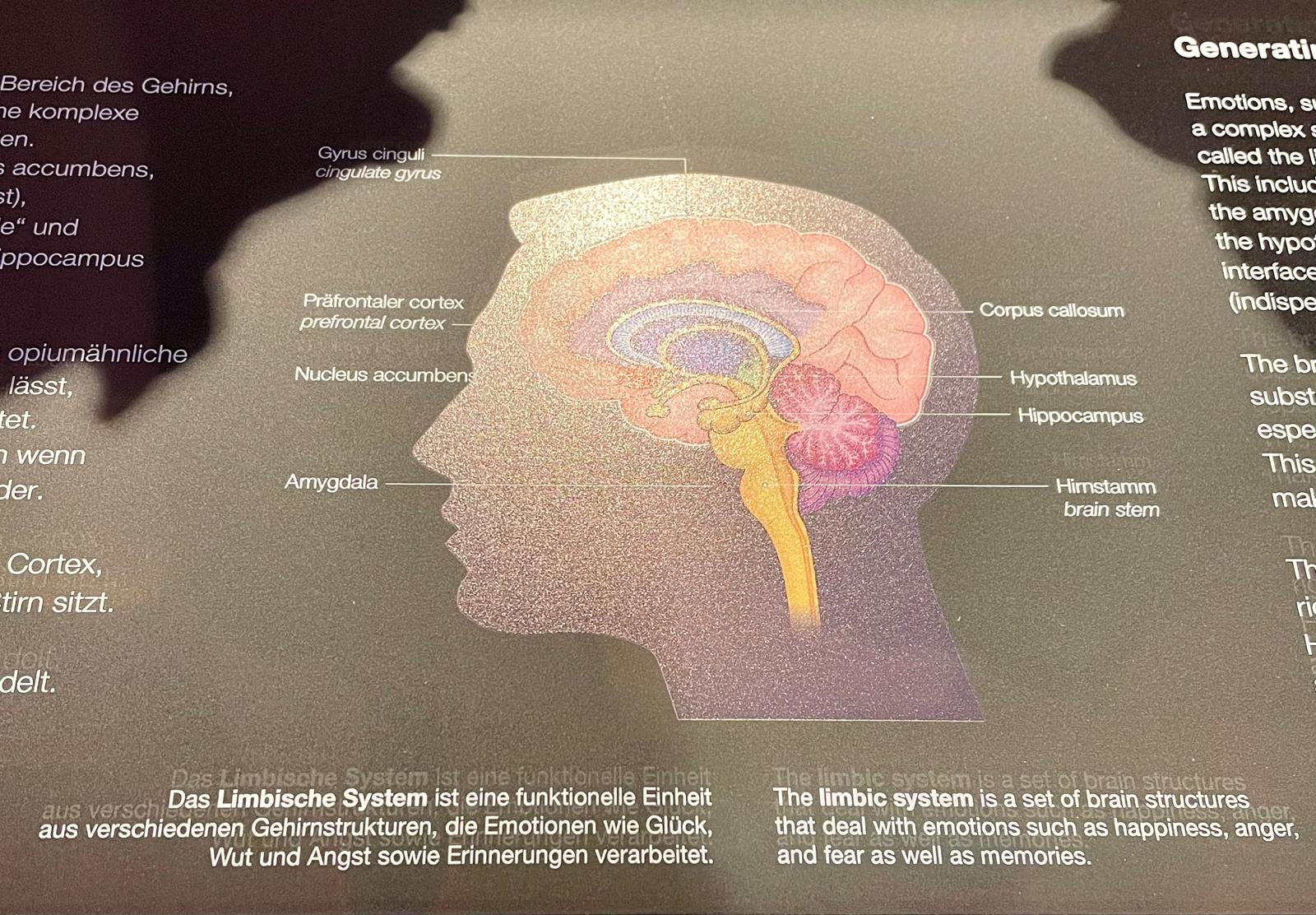1. Pituitary Gland (Hypophysis)
- The pituitary gland, also known as the hypophysis, is located at the base of the brain and is a central gland of the endocrine system.
- It produces and secretes follicle-stimulating hormone (FSH) and luteinizing hormone (LH).
- These hormones regulate the function of the ovaries and the menstrual cycle.
2. FSH (Follicle-Stimulating Hormone)
- Function: FSH is released by the pituitary gland and promotes the growth and maturation of follicles in the ovaries.
- Follicles: Follicles are structures in the ovaries that contain the eggs. During the menstrual cycle, a follicle matures and prepares for ovulation.
- Estrogen Production: As follicles grow, they produce estrogen. Rising estrogen levels signal the pituitary gland to reduce FSH production to maintain balance.
3. Ovaries
- Follicle Development: FSH stimulates the follicles in the ovaries to mature.
- Estrogen Production: Maturing follicles produce estrogen, which plays a crucial role in thickening the uterine lining and preparing for a possible pregnancy.
4. Estrogen Deficiency
- In estrogen deficiency, the balance in the menstrual cycle is disrupted. This can be caused by insufficient FSH stimulation or issues with the ovaries.
- Symptoms: Symptoms of estrogen deficiency include irregular menstrual cycles, hot flashes, dry skin, fatigue, and mood swings.
Supporting Estrogen Levels
Diet and Lifestyle
- Phytoestrogens
- Foods: Soy products, flaxseeds, legumes, whole grains, berries, nuts, and seeds.
- Effect: Phytoestrogens can activate estrogen receptors in the body and help increase estrogen levels.
- Healthy Fats
- Foods: Avocados, nuts, seeds, fatty fish (salmon, mackerel), olive oil.
- Effect: Healthy fats are essential for hormone production and support overall ovarian health.
- Vitamins and Minerals
- Vitamin B6: Supports hormone production (found in whole grains, bananas, nuts).
- Vitamin E: Acts as an antioxidant and supports hormone balance (found in nuts, seeds, leafy greens).
- Magnesium: Supports general health and hormone production (found in nuts, seeds, whole grains, leafy greens).
- Zinc: Important for hormone production (found in legumes, nuts, seeds, whole grains).
- Hydration
- Water: Drinking enough water hydrates the body and supports the function of all organs, including the pituitary gland and ovaries.
- Stress Reduction
- Methods: Yoga, meditation, breathing exercises, regular exercise.
- Effect: Reducing stress can help regulate hormone levels and support pituitary function.
Supplements
- Omega-3 Fatty Acids
- Sources: Fish oil capsules, algae oil.
- Effect: Anti-inflammatory and supports hormone production.
- Maca Root
- Effect: An adaptogen that can help balance hormone levels.
- Probiotics
- Effect: Supports gut health, which can indirectly affect hormone balance.
- Vitamin D
- Sources: Sunlight, supplements.
- Effect: Supports hormone production and overall health.
Conclusion
The interplay of FSH, the pituitary gland, and the ovaries is crucial for a healthy menstrual cycle. In cases of estrogen deficiency, targeted dietary and lifestyle changes, as well as supplements, can help support hormone production and regulate the cycle. A balanced diet rich in phytoestrogens, healthy fats, vitamins, and minerals, along with stress reduction and proper hydration, can enhance the function of the pituitary gland and ovaries.


